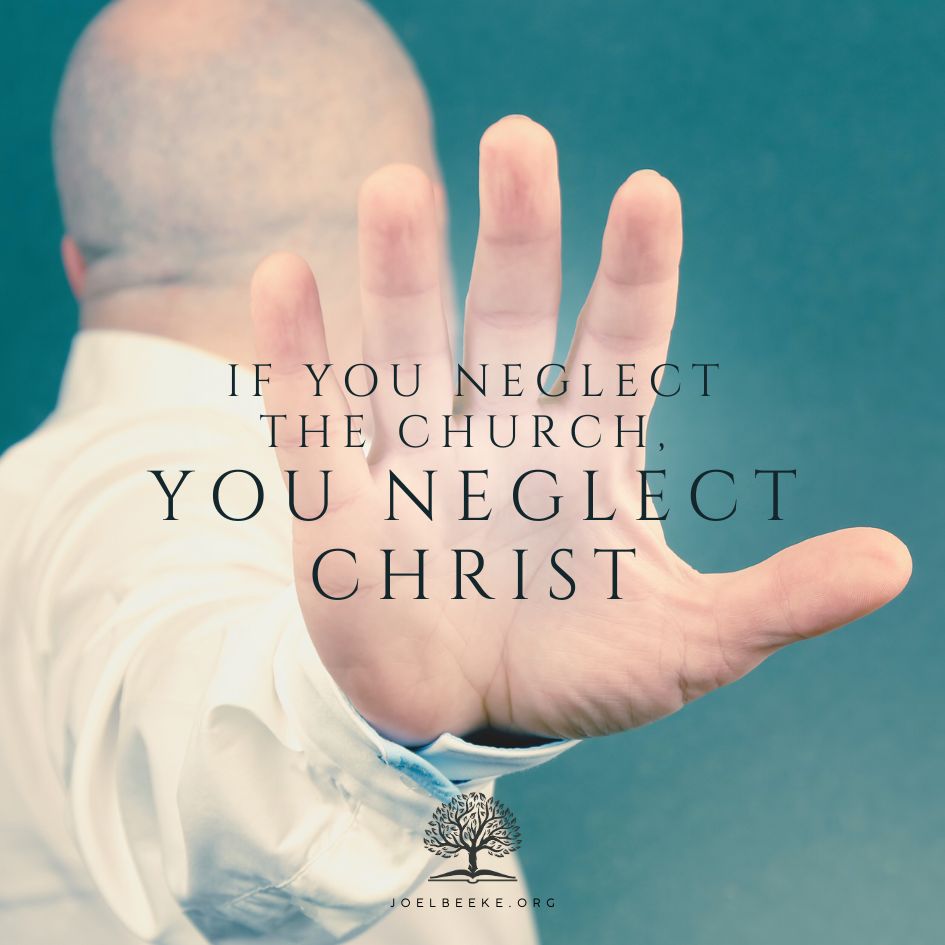Resources
It is not he that reads most; but he that meditates most, that will prove the choicest, sweetest, wisest, and strongest Christian.

The Puritans devoted scores of pages to the benefits, excellence, usefulness, advantages, or improvements of meditation. Here are some of those benefits:
- Meditation helps us focus on the triune God, to love and to enjoy Him in all His persons (1 John 4:8)—intellectually, spiritually, aesthetically.
- Meditation helps increase knowledge of sacred truth. It “takes the veil from the face of truth” (cf. Prov. 4:2).
- Meditation is the “nurse of wisdom,” for it promotes the fear of God, which is the beginning of wisdom (cf. Prov. 1:7).
- Meditation enlarges our faith by helping us to trust the God of promises in all our spiritual troubles and the God of providence in all our outward troubles.1Calamy, Art of Divine Meditation, 40–42.
- Meditation augments one’s affections. Watson called meditation “the bellows of the affections.” He said, “Meditation hatcheth good affections, as the hen her young ones by sitting on them; we light affection at this fire of meditation”2Watson, Sermons, 256. (Ps. 39:3).
- Meditation fosters repentance and reformation of life (Ps. 119:59; Ezek. 36:31).
- Meditation is a great friend to memory.
- Meditation helps us view worship as a discipline to be cultivated. It makes us prefer God’s house to our own.
- Meditation transfuses Scripture through the texture of the soul.
- Meditation is a great aid to prayer (Ps. 5:1). It tunes the instrument of prayer before prayer.
- Meditation helps us to hear and read the Word with real benefit. It makes the Word “full of life and energy to our souls.” William Bates wrote, “Hearing the word is like ingestion, and when we meditate upon the word that is digestion; and this digestion of the word by meditation produceth warm affections, zealous resolutions, and holy actions.”3Bates, Works, 3:131.
- Meditation on the sacraments helps our graces to be better and stronger. It helps faith, hope, love, humility, and numerous spiritual comforts thrive in the soul.
- Meditation stresses the heinousness of sin. It “musters up all weapons, and gathers all forces of arguments for to press our sins, and lay them heavy upon the heart,” wrote Fenner.4Fenner, Use and Benefit of Divine Meditation, 3. Thomas Hooker said, “Meditation sharpens the sting and strength of corruption, that it pierceth more prevailingly.”5Hooker, Application of Redemption, 217. It is a “strong antidote against sin” and “a cure of covetousness.”
- Meditation enables us to “discharge religious duties, because it conveys to the soul the lively sense and feeling of God’s goodness; so the soul is encouraged to duty.”6Bates, Works, 3:135.
- Meditation helps prevent vain and sinful thoughts (Jer. 4:14; Matt. 12:35). It helps wean us from this present evil age.
- Meditation provides inner resources on which to draw (Ps. 77:10– 12), including direction for daily life (Prov. 6:21–22).
- Meditation helps us persevere in faith; it keeps our hearts “savoury and spiritual in the midst of all our outward and worldly employments,” wrote William Bridge.7Bridge, Works, 3:133.
- Meditation is a mighty weapon to ward off Satan and temptation (Ps. 119:11, 15; 1 John 2:14).
- Meditation provides relief in afflictions (Isa. 49:15–17; Heb. 12:5).
- Meditation helps us benefit others with our spiritual fellowship and counsel (Ps. 66:16; 77:12; 145:7).
- Meditation promotes gratitude for all the blessings showered on us by God through His Son.
- Meditation glorifies God (Ps. 49:3).8Cf. Oliver Heywood, The Whole Works of the Rev. Oliver Heywood (Idle, U.K.: by John Vint for F. Westley et al., 1825), 2:276–81.
In short, as Thomas Brooks (1608–1680) wrote, “meditation is the food of your souls, it is the very stomach and natural heat whereby spiritual truths are digested. A man shall as soon live without his heart, as he shall be able to get good by what he reads, without meditation…. It is not he that reads most; but he that meditates most, that will prove the choicest, sweetest, wisest, and strongest Christian.”9Brooks, Works, 1:8, 291.
Excerpt from
How Can I Practice Christian Meditation?
By Joel Beeke







